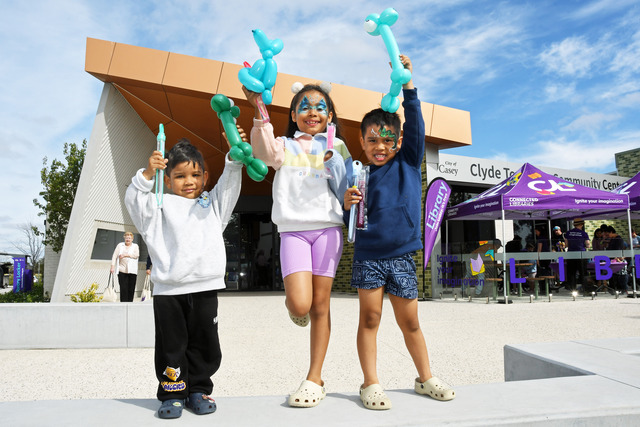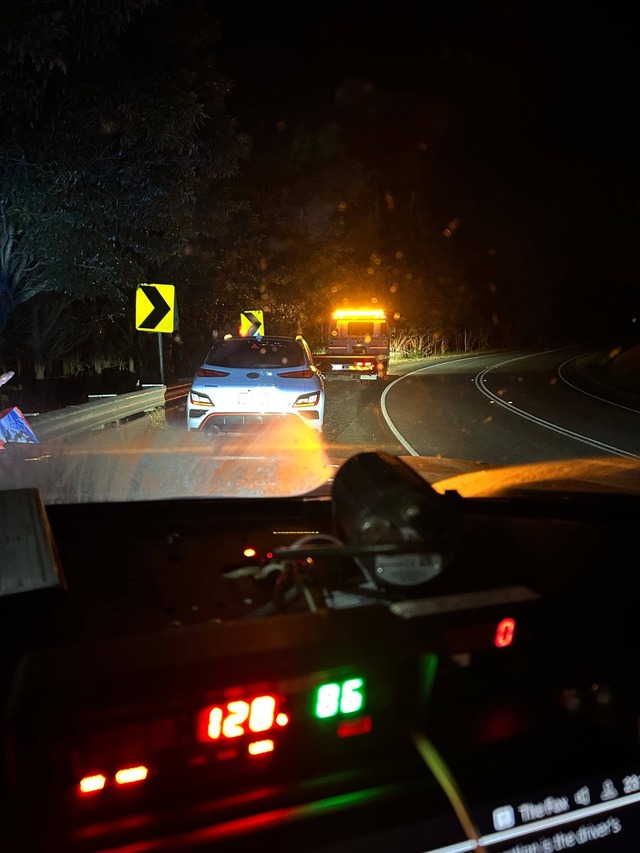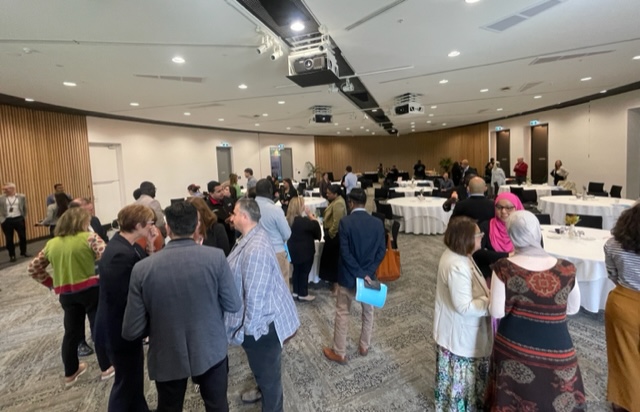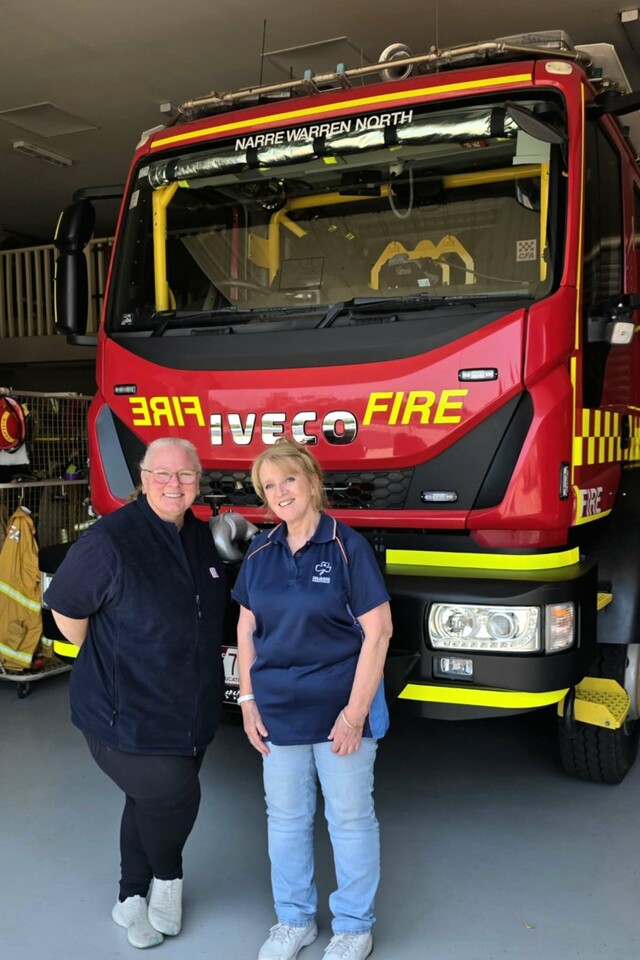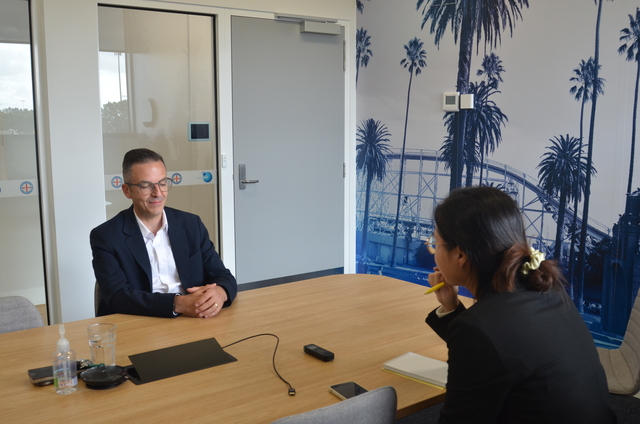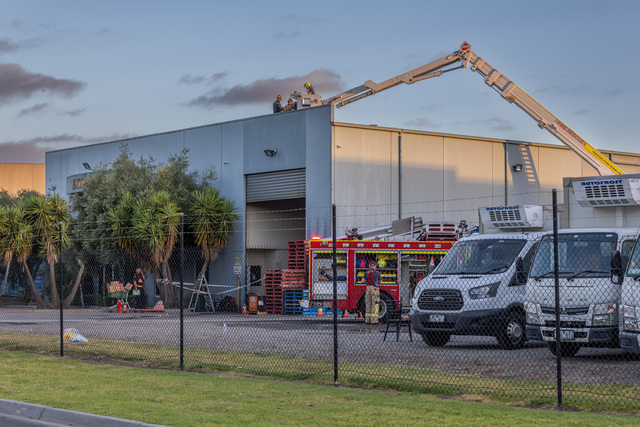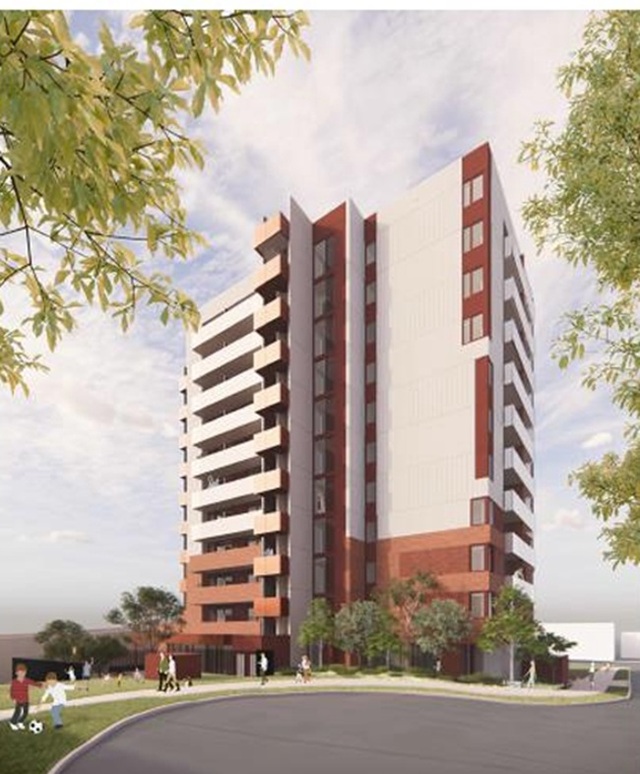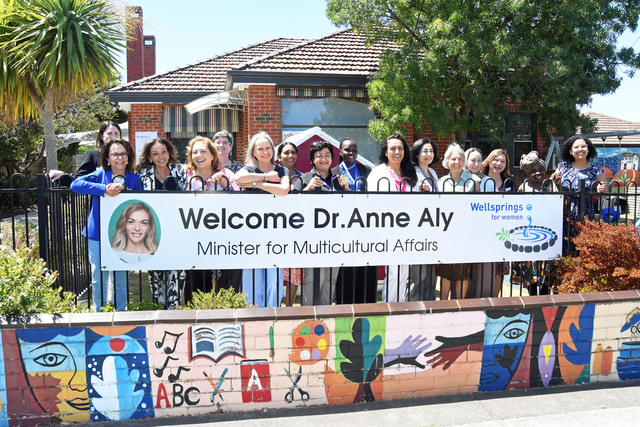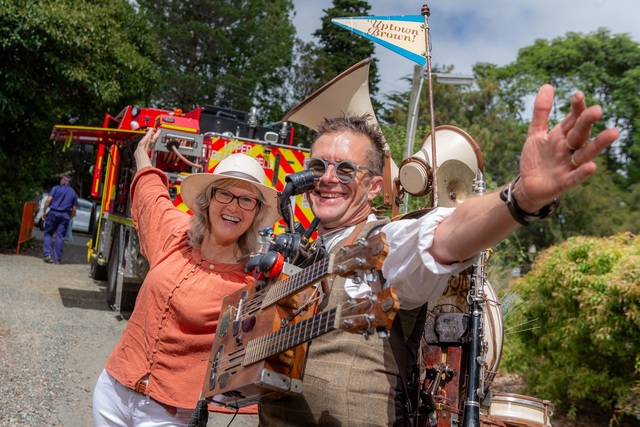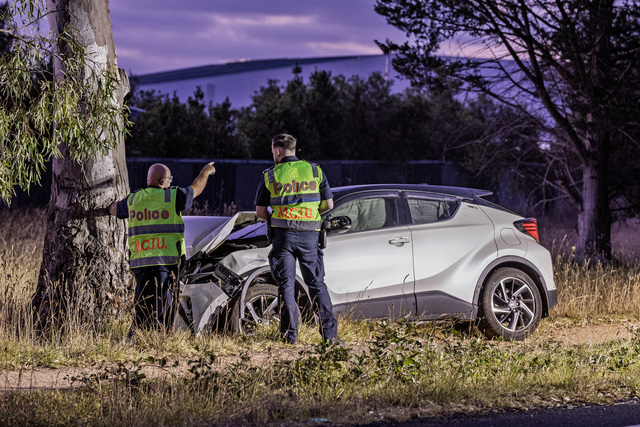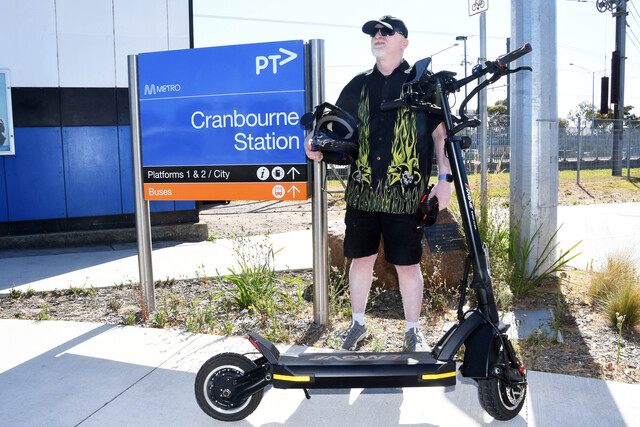Casey Council says it is financially unviable to bridge the kindergarten infrastructure gap under the State Government’s free childcare reform.
The council has instead endorsed a new service model that will only build kindergarten infrastructure for population growth, not the full demand required under the State Government’s free childcare reform.
The April council meeting dropped the outcome of a recent kindergarten service review. The review was conducted in response to the State Government’s Best Start, Best Life (BSBL) reforms, which outline an increase in hours for three and four-year-old kindergarten in the coming years.
As part of its review, council examined the impact of the reforms, the demand from population growth, and the priorities of Casey’s current and future kindergarten families.
The review found that by 2036, an additional 5800 kindergarten places would need to be provided by the sector, which is more than double the size of the council’s current kindergarten service.
The outcome recommended building infrastructure for population growth only. Demand modelling forecasts six new kindergartens with a total of 28 rooms, which would lead to a construction cost of $48.7 million.
Council believed that the arrangement would “reduce the risk to its financial sustainability” and the BSBL reform was “likely to place Casey in the position of providing infrastructure beyond council’s financial means and prioritise kindergarten infrastructure over other important community infrastructure”.
Casey’s chair of administrators Noelene Duff PSM said the council would continue to deliver kindergarten services, however, there would be no increase in staffing levels.
“We will continue to offer services to our community in a way which is within our capacity,” she said.
“While we’ll keep doing what we’ve always done, and that’s offering high-quality kindergarten service delivery, we’ll also have to work with other providers in the sector.”
The new service model will also decrease the number of sites managed by the council in the coming years and procure new early years managers to deliver kindergarten services from sites it no longer manages.
“Council will package groupings of sites and run an Expression of Interest and alternative early year managers will deliver some of the kindergarten services, at various sites from 2026, to cater to the reforms and additional demand,” Ms Duff said.
Ms Duff said as sites move to other providers to manage, all current kindergarten staff will retain their employment, and where necessary, will be relocated to remaining council kindergartens to enable council to provide the additional hours required at these sites.
“Council will work with the Department of Education to find another provider to operate the two kindergartens on school sites that we currently manage. This process will commence as soon as practicable,” she said.
“Given current workforce challenges and taking on the feedback from the market, a staged implementation of the new service model will be needed, to ensure the sector can respond appropriately. It is anticipated that this will take five or six years to fully implement this new service model.”
Ms Duff said council’s priority is to ensure all future Casey families can access high-quality and free kindergarten services in their local area, regardless of who is delivering the service.
“Council will continue to play a strong role in kindergarten service through service delivery (within our current staffing capacity), the provision of current and future growth infrastructure, and management of the Central Registration and Enrolment Service,” she said.
“We will also advocate strongly that the State Government, not-for-profit, and private sector also play their part in delivering this reform.”
A Department of Education spokesperson said any further decisions regarding the future of Casey Council’s kindergartens should be made in consultation with the community – including the families who use and value the services the council provides.
“We will continue to work closely with the council as it considers its future role as a service provider,“ they said.
“Victorian Government funding for council-run kinders in Victoria has increased significantly since 2022 – with Free Kinder delivering an average 30 per cent to 40 per cent increase in funding per child compared to average parent fees that were previously charged, on top of existing funding streams.”


